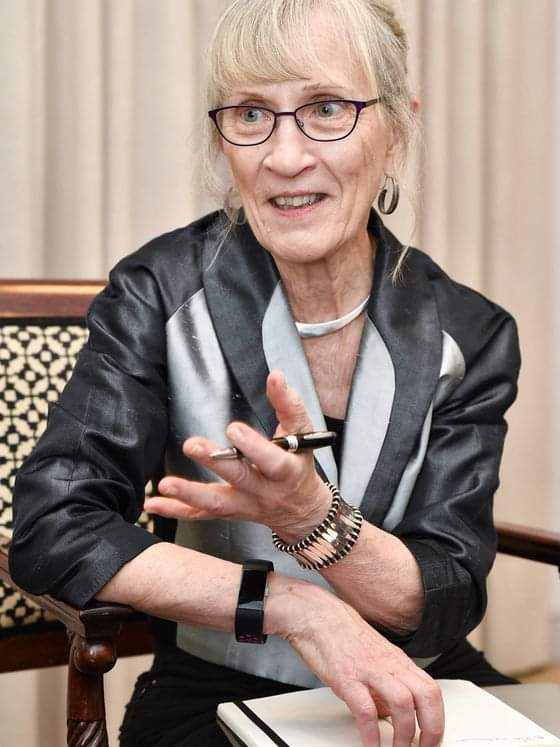"Claudia Goldin: Paving the Way for Gender Equality in Economics"
"Claudia Goldin: Paving the Way for Gender Equality in Economics"
Introduction:
In a historic moment, Claudia Goldin, a renowned economist and professor at Harvard University, has been awarded the Nobel Prize in Economics for her groundbreaking research on women's labor market outcomes. She is not only the third woman to receive this prestigious honor but also a trailblazer in the field of economics. Goldin's work has shed light on the intricacies of gender disparities in the labor market and has provided valuable insights into the challenges women face in achieving economic equality. In this blog post, we'll delve into her remarkable contributions and the implications of her research.
Understanding the Gender Gap:
Claudia Goldin's journey to the Nobel Prize began with her groundbreaking 1990 book, "Understanding the Gender Gap: An Economic History of American Women." This seminal work dissected the roots of wage inequality, uncovering the pervasive issue of gender-based wage disparities. Her meticulous research and analysis challenged conventional wisdom and laid the foundation for a more profound exploration of this critical issue.
Contraceptive Pill and Women's Careers:
Goldin's contributions didn't stop at understanding wage gaps. She continued her research, investigating the impact of the contraceptive pill on women's career and marriage decisions. Her findings illuminated the far-reaching societal implications of access to contraception, offering women new opportunities for career planning. This research was a crucial step in understanding the evolving landscape of women's choices and participation in the workforce.
The Persistence of the Gender Pay Gap:
Despite significant progress in women's education and workforce participation over the past century, gender pay disparities persist. Claudia Goldin's work unveiled a sobering reality: the earnings gap between men and women still exists. What makes her research particularly eye-opening is the revelation that, in modern times, a substantial portion of this wage gap occurs between women and men in the same occupation, and it significantly widens with the birth of the first child.
The Impact of Educational Choices:
Goldin's research emphasized the importance of educational decisions made at a young age in shaping women's career trajectories. She highlighted that if young women's expectations are influenced by previous generations' experiences, progress toward gender equality in the labor market will be slow. It underscores the need to address societal norms and expectations that impact women's career choices.
Conclusion:
Claudia Goldin's Nobel Prize in Economics is not just a recognition of her exceptional contributions to the field but also a celebration of the progress toward gender equality in economics. Her pioneering research has provided valuable insights into the factors contributing to gender disparities in the labor market and has paved the way for addressing these challenges. Goldin's work serves as a beacon of hope, guiding us toward a future where gender equality in economics is not an aspiration but a reality.




Comments
Post a Comment